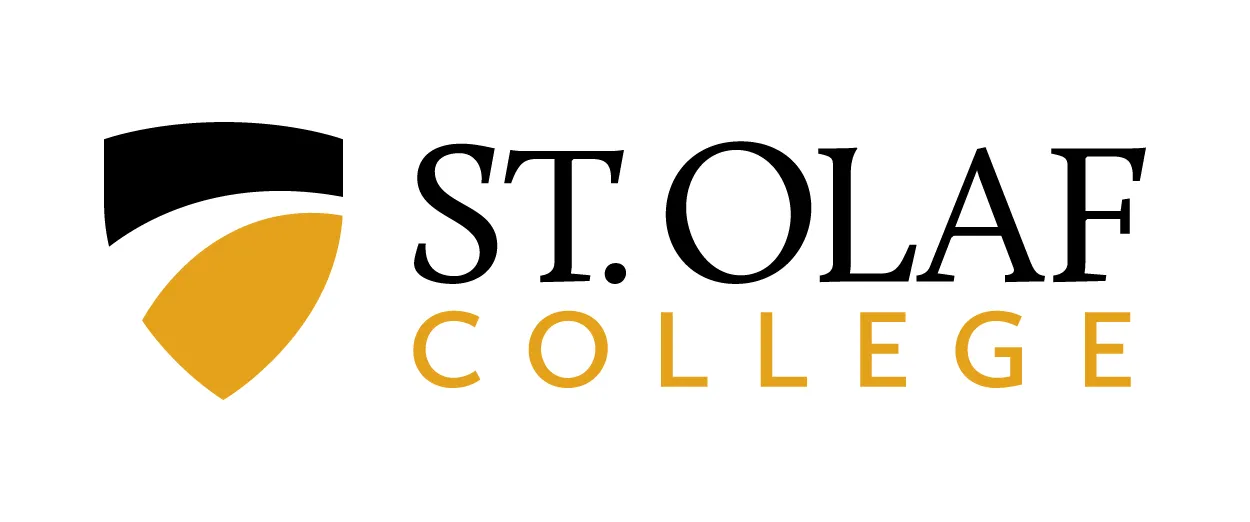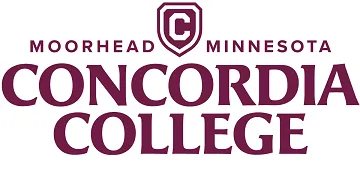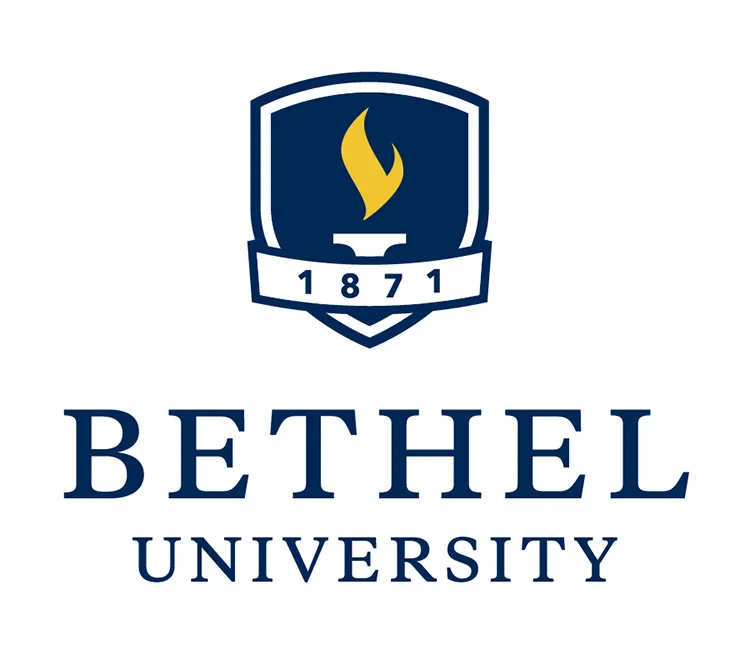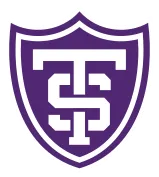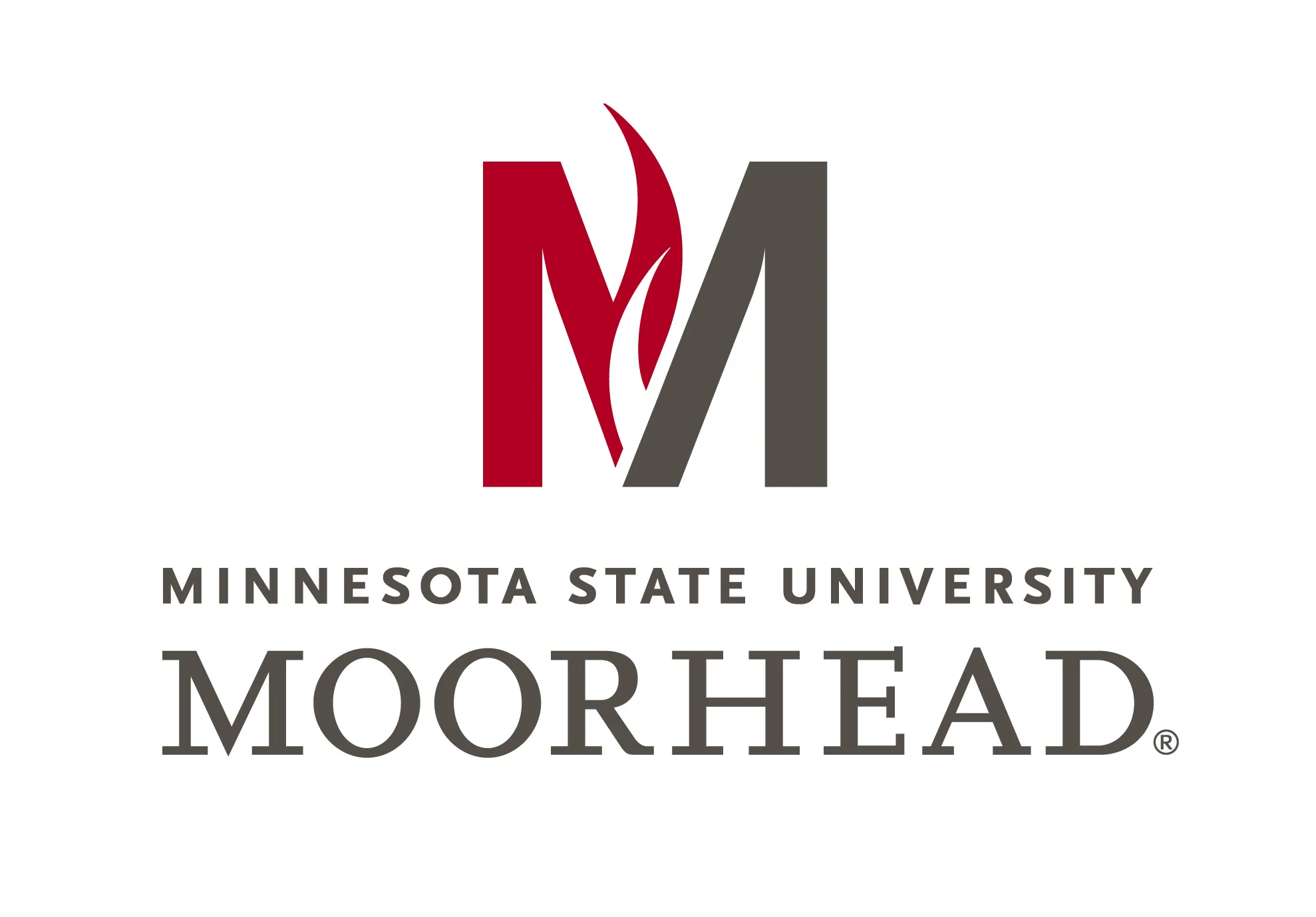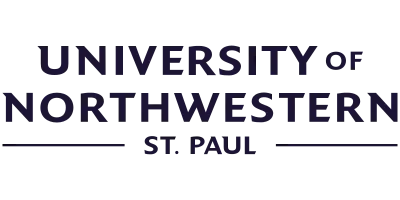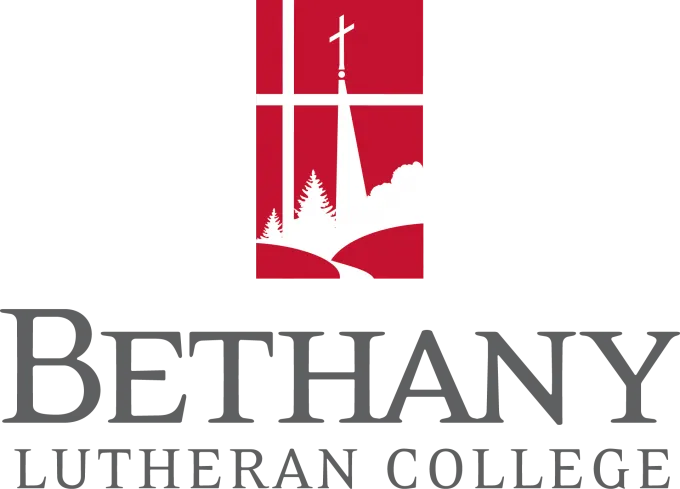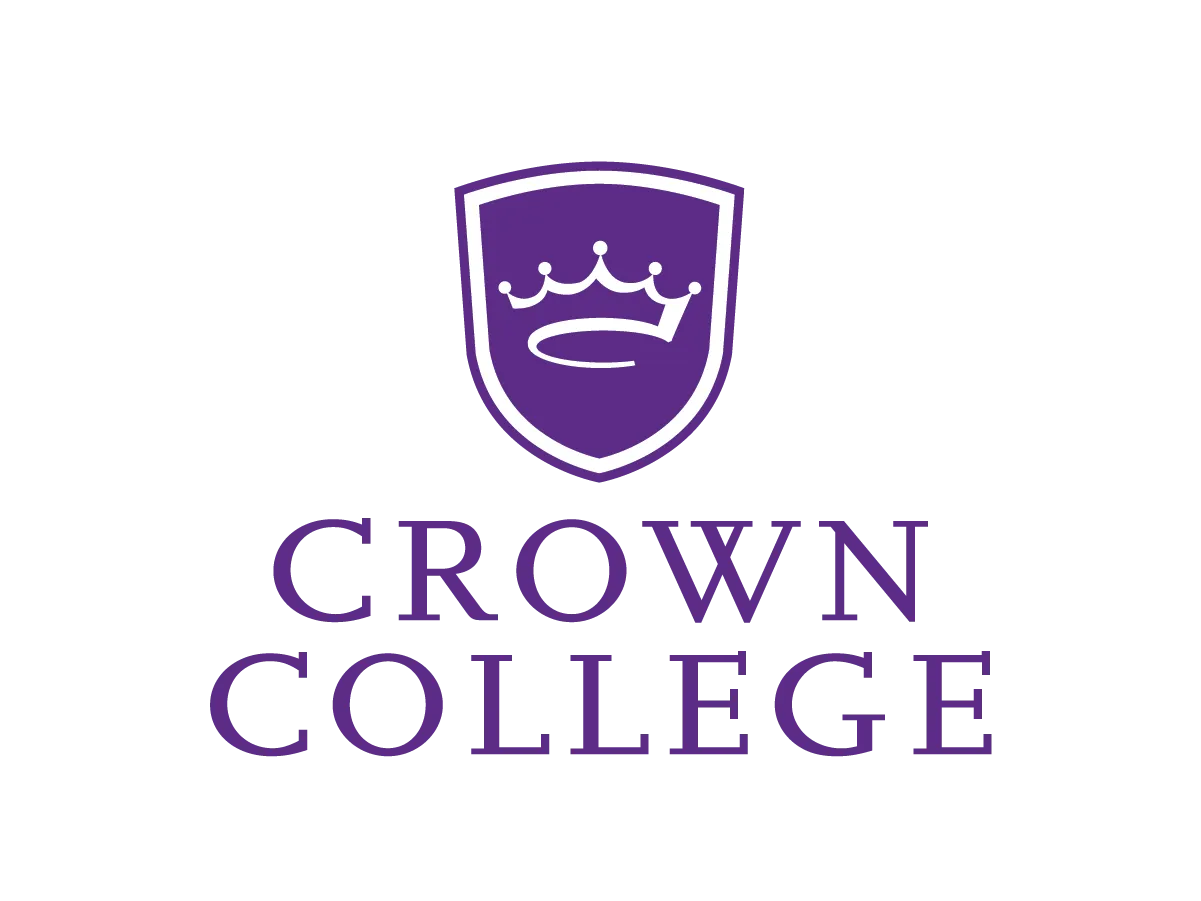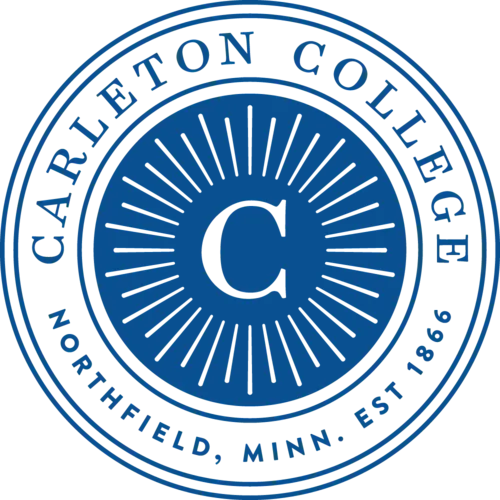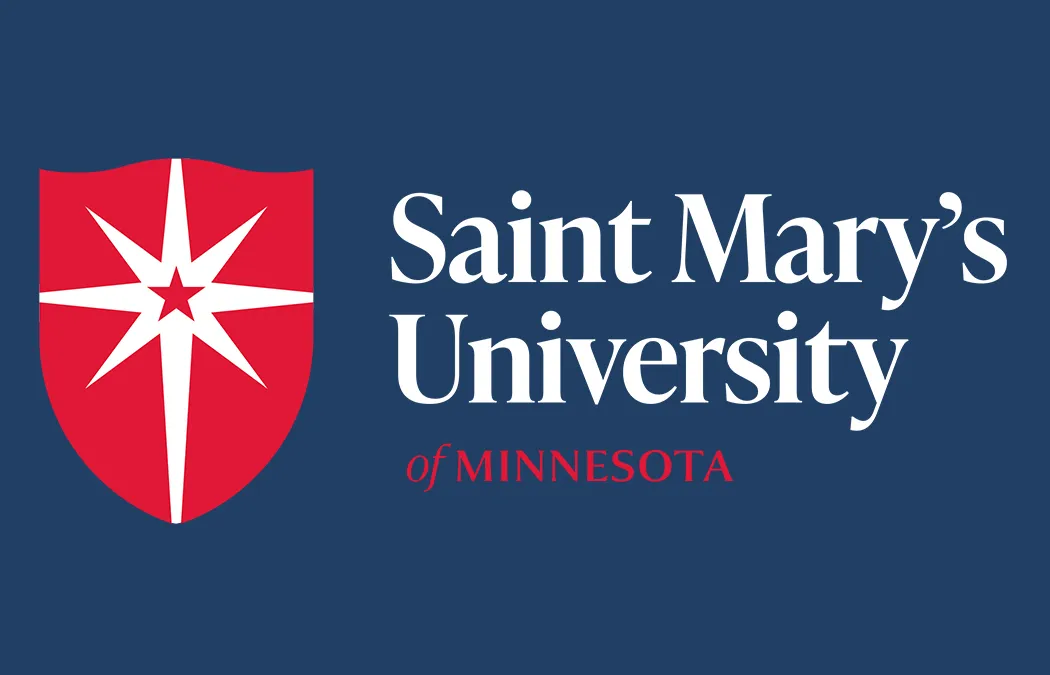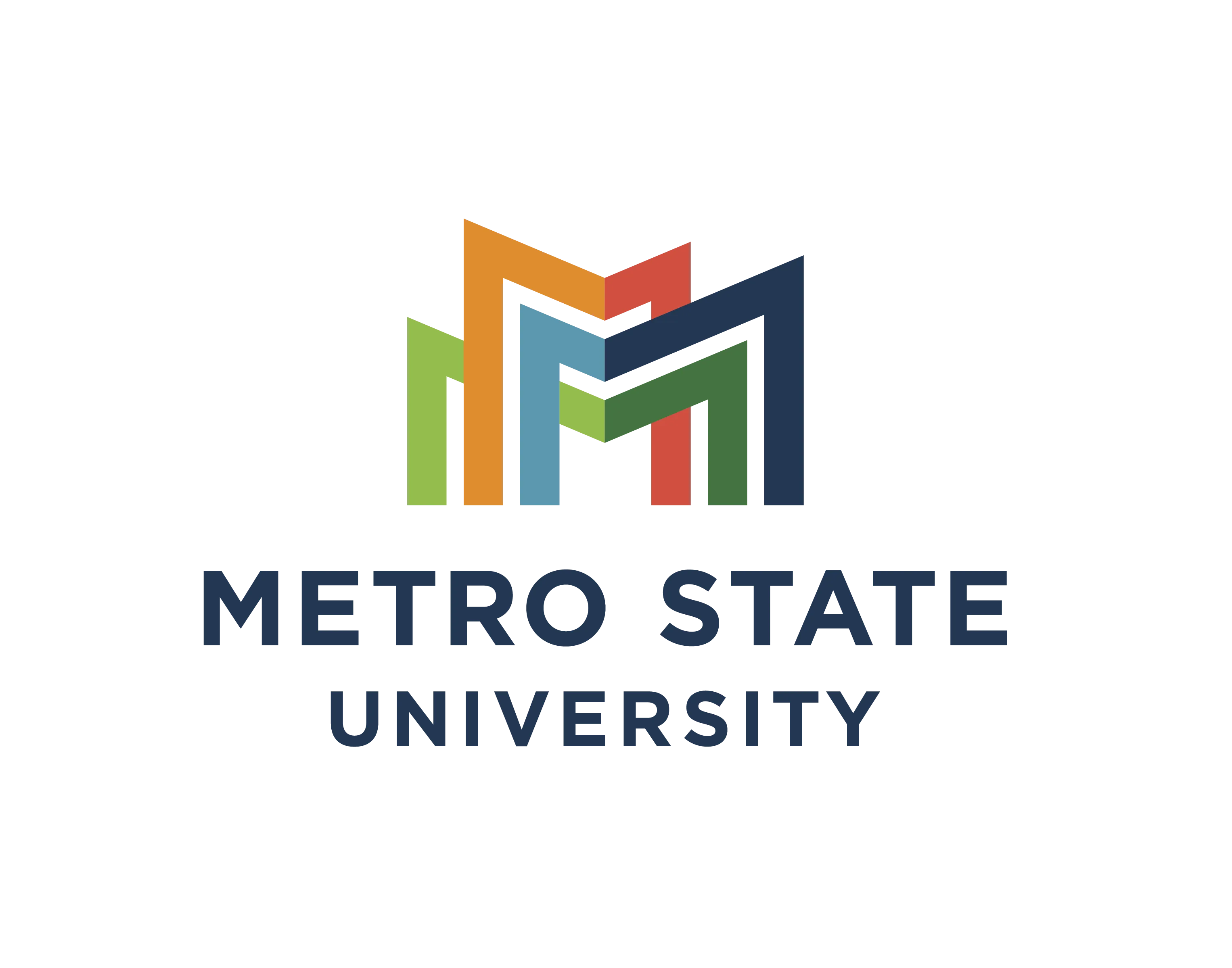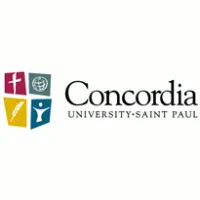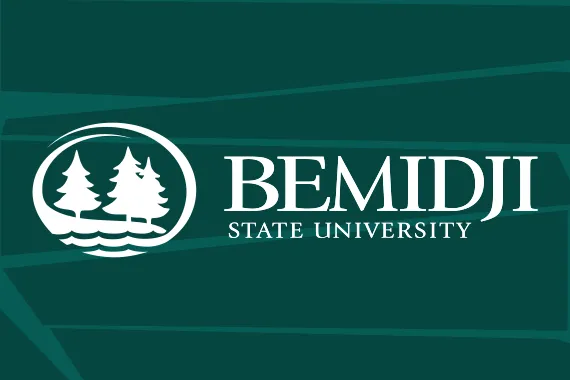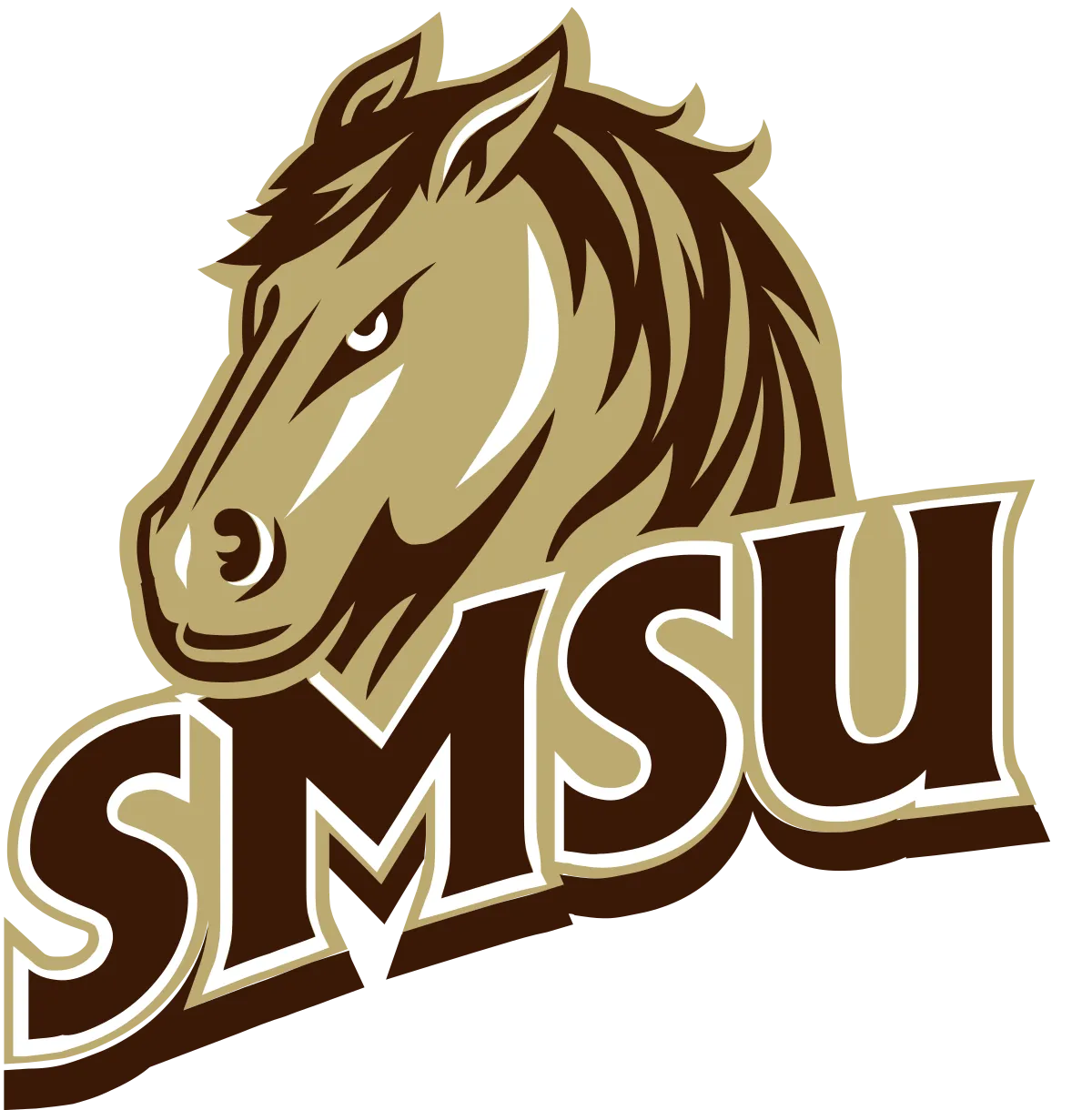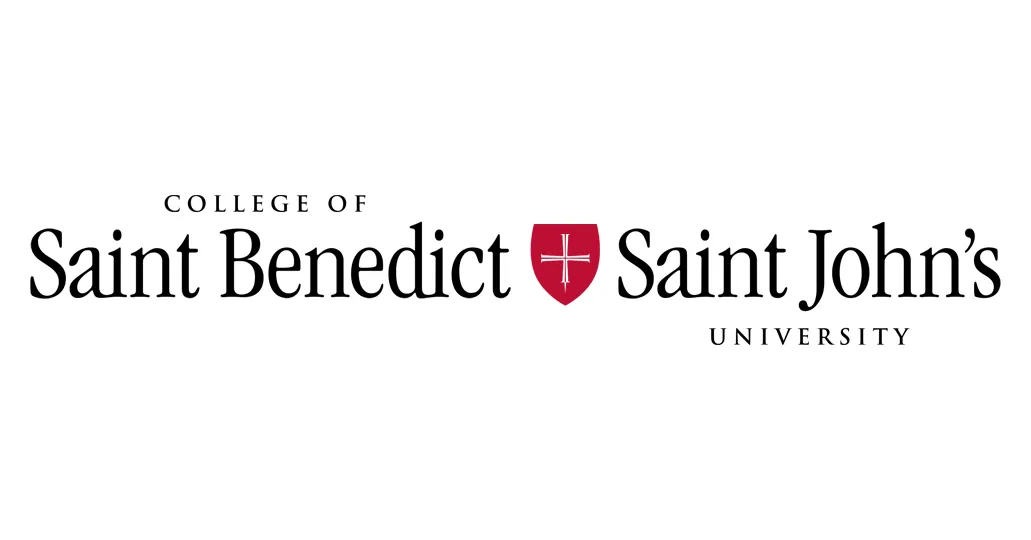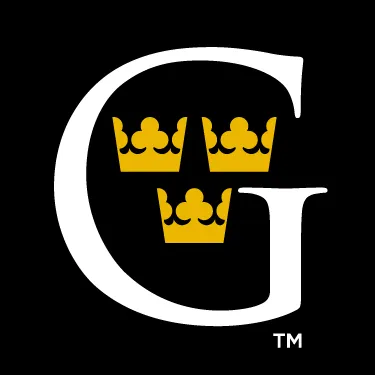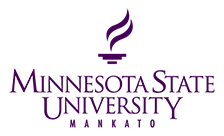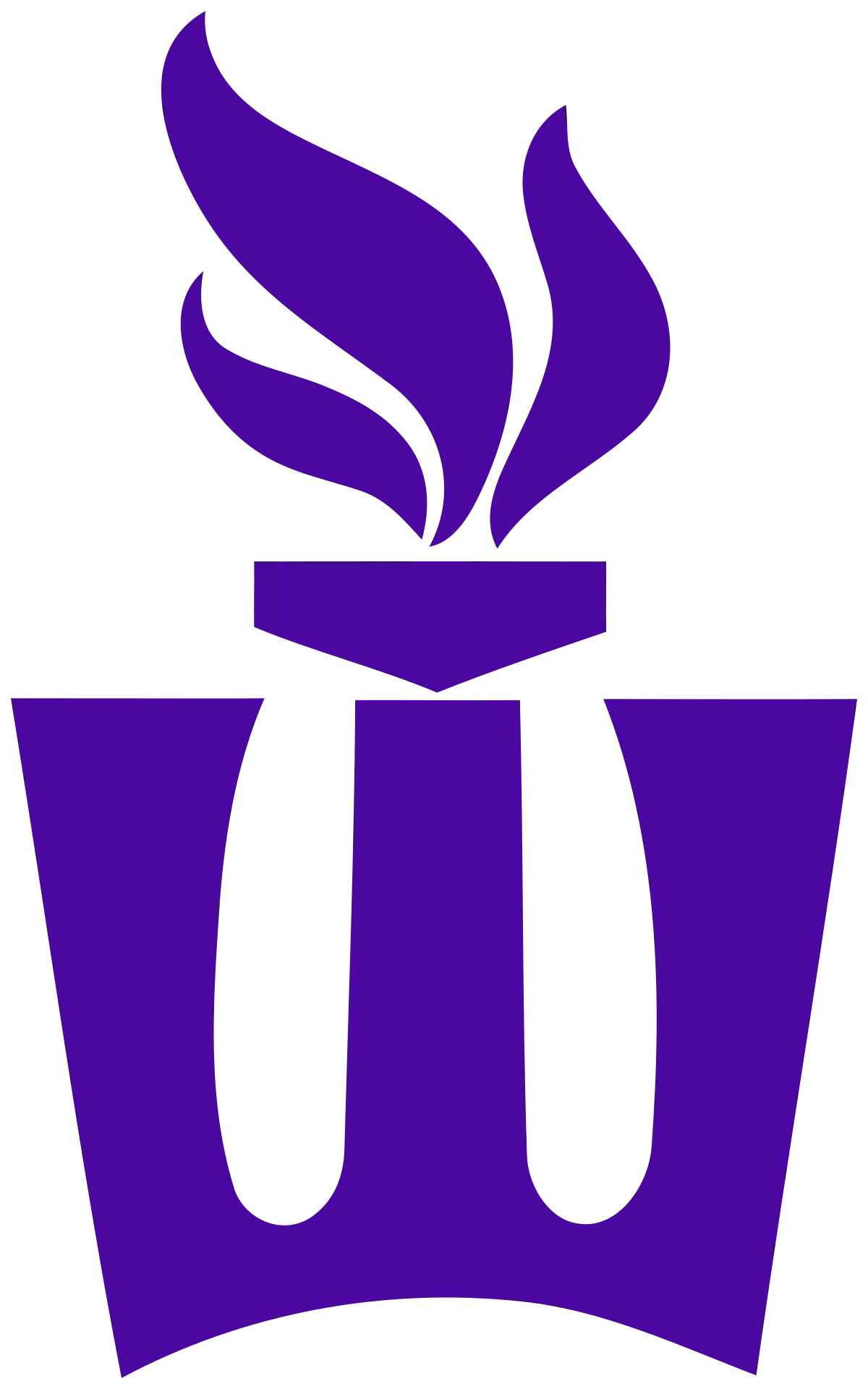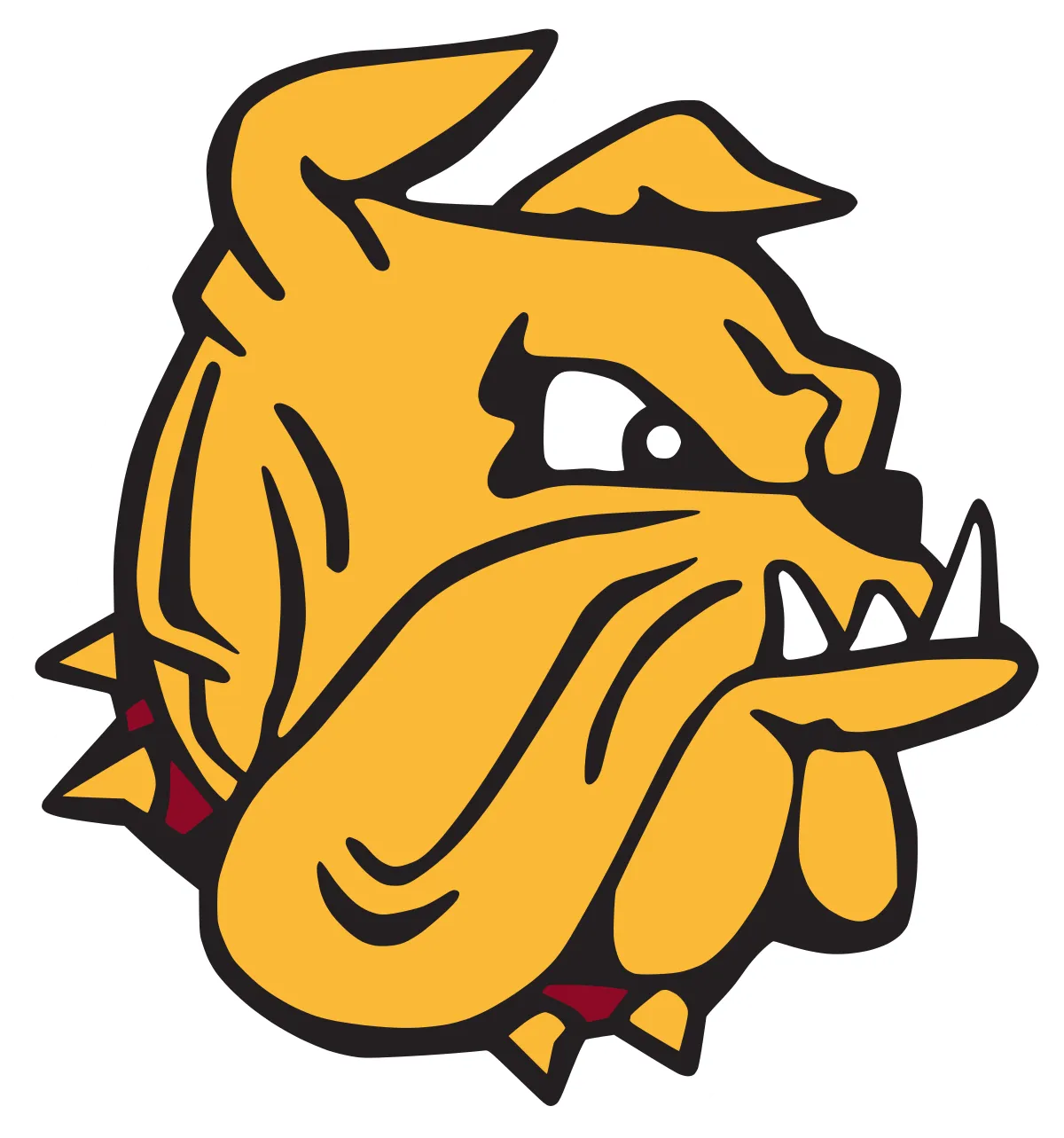Best Colleges in Minnesota
Get equipped with the resources that will help you easily navigate your learning journey. Discover schools that match your goals and aspirations.
Best Accredited Colleges
Frequently Asked Questions
1. What are the best colleges in Minnesota?
Some of the best colleges in Minnesota include the University of Minnesota-Twin Cities, Carleton College, Macalester College, St. Olaf College, and Gustavus Adolphus College.
2. How do I apply to colleges in Minnesota?
To apply to colleges in Minnesota, you typically need to complete an online application, submit your high school transcripts, provide letters of recommendation, write an essay, and pay an application fee. Each college may have specific requirements, so it's important to check their websites for detailed instructions.
3. What majors are popular at Minnesota colleges?
Popular majors at Minnesota colleges include business, engineering, computer science, biology, psychology, and communications. However, each college may have its own unique strengths and areas of focus, so it's important to research individual programs.
4. How much does tuition cost at Minnesota colleges?
Tuition costs vary depending on the college and whether you are an in-state or out-of-state student. On average, tuition for Minnesota colleges ranges from around $10,000 to $50,000 per year. It's important to consider additional expenses such as housing, books, and fees when budgeting for college.
5. Are there scholarships available for Minnesota colleges?
Yes, there are scholarships available for Minnesota colleges. Many colleges offer their own scholarships based on academic merit, talent, or financial need. Additionally, there are external scholarships and grants that students can apply for. It's recommended to check with each college's financial aid office and search for external scholarship opportunities.
6. What is the student-to-faculty ratio at Minnesota colleges?
The student-to-faculty ratio varies among Minnesota colleges. On average, it ranges from around 10:1 to 20:1. Colleges with smaller student-to-faculty ratios often provide more personalized attention and opportunities for student-faculty interaction.
7. Can I visit Minnesota colleges before applying?
Yes, visiting colleges before applying is highly recommended. Most colleges offer campus tours, information sessions, and the opportunity to meet with admissions counselors. Visiting allows you to get a feel for the campus, explore the facilities, and ask any questions you may have.
8. What extracurricular activities are available at Minnesota colleges?
Minnesota colleges offer a wide range of extracurricular activities, including sports teams, clubs, student organizations, volunteer opportunities, and cultural events. These activities provide students with opportunities to pursue their interests, develop leadership skills, and make connections with peers.
9. Are there on-campus housing options at Minnesota colleges?
Yes, most Minnesota colleges offer on-campus housing options for students. These can include traditional dormitories, apartment-style housing, or themed living communities. Living on campus provides students with a convenient and immersive college experience.
10. What support services are available for students at Minnesota colleges?
Minnesota colleges provide various support services to help students succeed academically and personally. These services may include academic advising, tutoring centers, career counseling, mental health resources, and disability services. Students are encouraged to take advantage of these resources to enhance their college experience.

